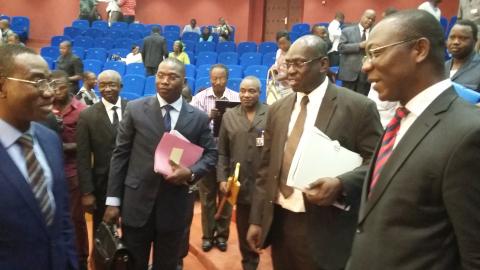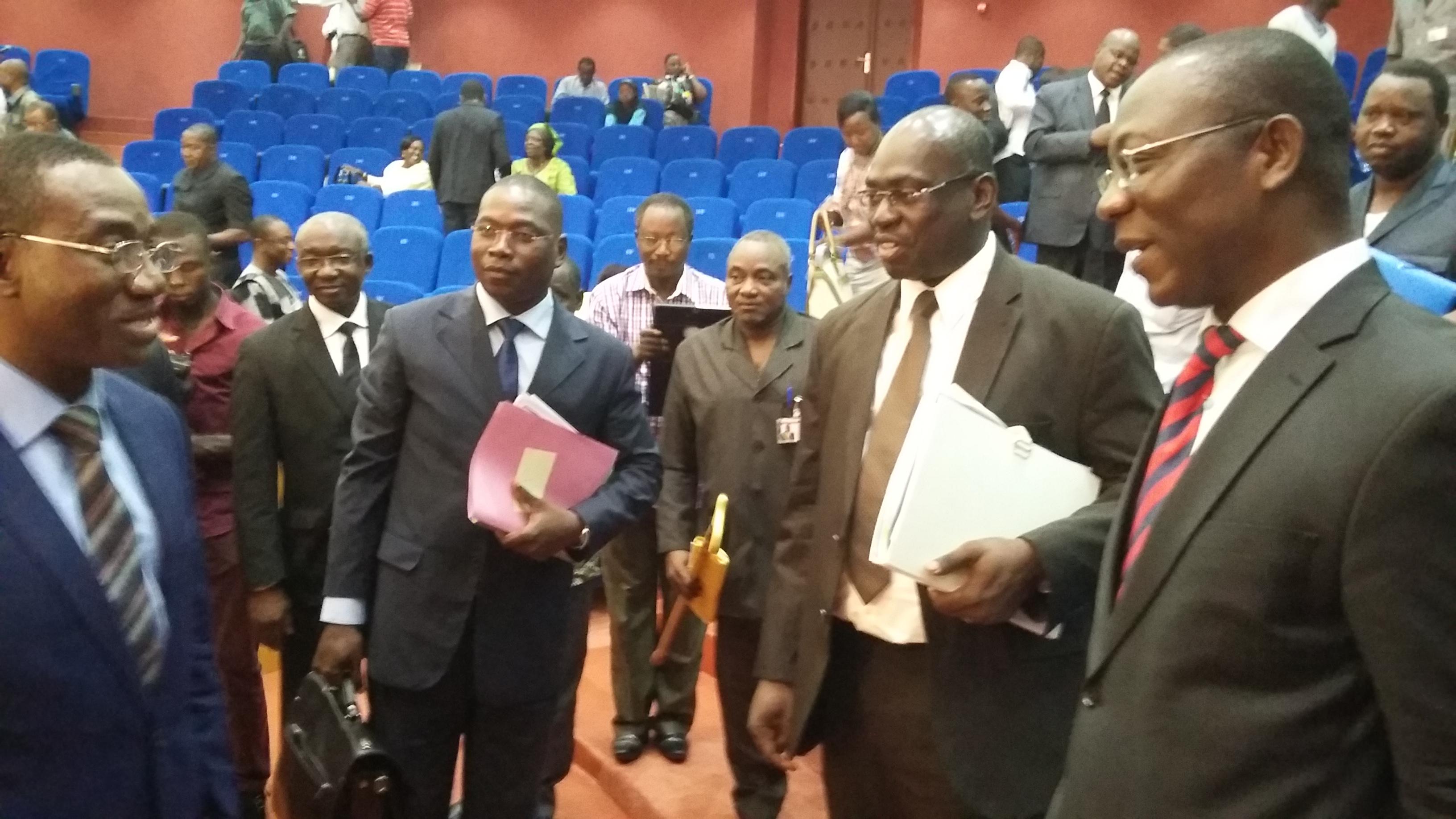
Ensuring health access for all is not only the heart of the partnership EU-LUX-WHO partnership on universal health coverage (UHC partnership), but also at the center of global debates about the imminent adoption of new sustainable development goals.
Burkina Faso, one of the 19 countries participating in the UHC partnership, recently took an important step in pursuing this objective: the law on universal health insurance (UHIP), adopted by the National Assembly on 5 September 2015.
According to the report of the Commission of Social Affairs and Sustainable Development of the National Transitional Council, “the (proposed) legislation introduces major innovations in the social protection sector in Burkina Faso. Indeed, it establishes a basic social security scheme for all citizens with regard to health protection (…). It is based on a unique social services package including all goods and medical services covered by UHIP. (…) It introduces an equitable contributory financing system in the sense that members pay according to their ability to pay and receive benefits based on their health status. Those most in need are supported by the state, which contributes on their behalf to maintain the financial sustainability of the system. In order to mitigate potential financial risks, a co-financing mechanism (…) is provided. (…) Finally, it establishes the principle of delegated management in the social welfare sector by allowing the universal health insurance management agency to delegate some of its functions to third structures that are the NSSF, the CARFO and social mutualities. (…). “.
The law is the result of an extensive policy dialogue process and the fruitful collaboration between different ministries and stakeholders in Burkina Faso, in particular the Ministry of Health and the Ministry of Public Service, Labour and Social Security in charge of UHIP. WHO played a leading role in this process by providing technical support at all stages and ensuring the smooth coordination of activities between all actors. On the final stretch of the process, WHO’s support involved putting forward technical arguments in support of the draft bill and informing journalists about the opportunities of the reform.
The process has also benefited from the sector expertise provided by civil society in Burkina Faso, notably those organizations supporting the health mutualities, as well as the health NGO network (SPONG), strongly involved with the elaboration of the draft law.
It is understood that the adoption of the law is only one step towards universal access to health. The next challenge will be to ensure that the financial projections for 2016-2022, carefully elaborated on the basis of implementation needs of the UHIP, will be taken into account appropriately in the context of the annual budget exercise in Burkina Faso:: 600 million CFA are currently planned for the 2016 budget, a figure well below the expected 4 billion for the start-up of the operational UHIP. The budget review, scheduled in 2016, may however leverage additional resources, not only from the national budget but also from international donors.
Thereafter it will be about ensuring the rigorous and continuous monitoring of the implementation of UHIP. To this end, WHO will continue to assume its lead role in providing technical assistance for health financing policy-making and support the development of several decrees aimed at implementing the law, such as, for example, the set-up of a regulatory body or the laying down of the UHIP’s technical management modalities.
In any case, the law is already capitalizing on the national expectations of a welfare state. If the first affiliates and recipients, such as the poor and children under 5 years, are subsidized by a 100%, the benefits for the population will be visible in the short term: there will be a notable increase in the use of services, as well as a decrease in mortality and morbidity among the most vulnerable population groups. The law will also put pressure on the supply side with regard to the availability and adequate quality of care. As the law introduces major health financing reforms, it will need to put in place effective accountability mechanisms for what is a largely subsidized third-party payer system.
As part of the policy dialogue and the support from WHO, the law must therefore be seen as a means to a broader end: the establishment of a comprehensive health financing system for universal coverage. The precise targeting of affiliates and the definition of an accessible care package are essential in this context. It also presupposes the establishment of effective procurement and provider payment systems.
To that end, the UHC partnership will continue to provide technical and financial support in the context of strategic discussions taking place within Burkina Faso’s thematic sector committees “Health & Nutrition”, at the level of the Ministry of Health. Among these committees, the one on “Financing for Health”, plays a leading role in the development of the National Health funding strategy.
